Last Sunday, Ari Jahiel ’19, Ethan Levin ’20 and local activist Leah Soule delivered a presentation at Mt. Zion Temple on behalf of IfNotNow – an organization that organizes for the end of American Jewish support of the Israeli occupation of Palestine.
The event was a part of Mt. Zion’s ongoing Myth-Conceptions series, in which representatives from different Jewish organizations have the opportunity to present to the congregation about their work on the Israel-Palestine conflict.
IfNotNow’s presentation was the third in the seven-part series. The congregation previously heard from the right-wing American Israel Public Affairs Committee (AIPAC) and the center-left organization J-Street.
“It was kind of crazy,” Jahiel said. “They had the president of JStreet come and speak – the national president – and they had the Midwest organizer for AIPAC come and speak from Chicago… and then they had just, like, two Mac students and a local hive member from IfNotNow.”
“We had heard that the two conversations previous to ours had been argumentative and unprofessional,” Levin wrote in an email to The Mac Weekly. “We were told after the discussion that we were the most civil and understanding of all the presenters, which is a great testament considering the youth of myself and my co-presenters and our relative lack of knowledge.”
The presenters shared their motivations for joining IfNotNow, and why the organization believes that American Jewish support is upholding the Israeli occupation.
“The government will say ‘we need to support Israel because of the American Jews’, you know? So IfNotNow is kind of saying, ‘look, we don’t want you to use our name, we don’t support the occupation,’” Jahiel said.
“We do not take an official stance on the right of Israel to exist as a state, BDS [Boycott, Divestment, Sanctions], or any preferred solutions to the occupation,” Levin wrote. “Ultimately, we serve a very slim purpose in anti-occupation work, but an important one.”
A question-and-answer session moderated by Rabbi Adam Stock Spilker followed the presentation.
“There [were] a lot of questions about our stance on statehood,” Jahiel said. “I think [the congregation had]this idea of ‘but you guys aren’t advocating for a solution’. Yeah – we’re trying to work towards ending one part of the problem.
“I think a lot of people in the audience felt that their Jewish identities are tied to Israel, and so for us to not say that we’re pro-Israel or pro-statehood was really hard for them to get behind,” she continued. “In American Jewish spaces, this is a really, really sensitive topic.”
Other questions addressed the median age of the organization’s members and anti-semitism from the political left, which Jahiel attributes to a distaste for the occupation.
Sophia Alhadeff ’20, a co-leader of the Macalester Jewish Organization (MJO), attended the presentation in support of Jahiel and Levin. She was quick to point out the importance of having multiple perspectives included in political discussion.
“Anytime there is an event where people with opposing viewpoints can be in the same room listening to one another is an opportunity for change,” she wrote in an email to The Mac Weekly.
“In particular, it is very rare that a conversation like this exists in a specifically Jewish space,” she continued. “Sunday morning demonstrated to me the power of listening to one another, as well as made me proud of my peers for being vulnerable and courageous in their own community.”
Overall, Levin believes the presentation went well. He described the community’s response as “not overwhelmingly negative, which can be seen as a positive.”
“One woman effectively called us ‘not-Jewish’ and compared us to Hitler Youth in the same breath, but outside of that I think people left thinking more favorably about IfNotNow,” he wrote. “There were certainly some parents in the room with children who had been involved who were more compelled to join.”
Jahiel agreed, noting that she expects this issue to create difference in perspective.
“The Rabbi at Mt. Zion did a sermon for Rosh Hashanah about how Jews often choose between justice and self-preservation,” she said. “Left-leaning Jews tend to opt towards justice while right-leaning Jews tend to opt towards preservation. We see [those themes] as directly connected to each other.”
“In order for Jews to keep Judaism going and Jewish identity alive, there needs to be an end to the occupation,” she continued. “The more this occupation is entrenched, the more young Jews are going to be rejecting their Jewish identity because of this dynamic that they don’t support.”

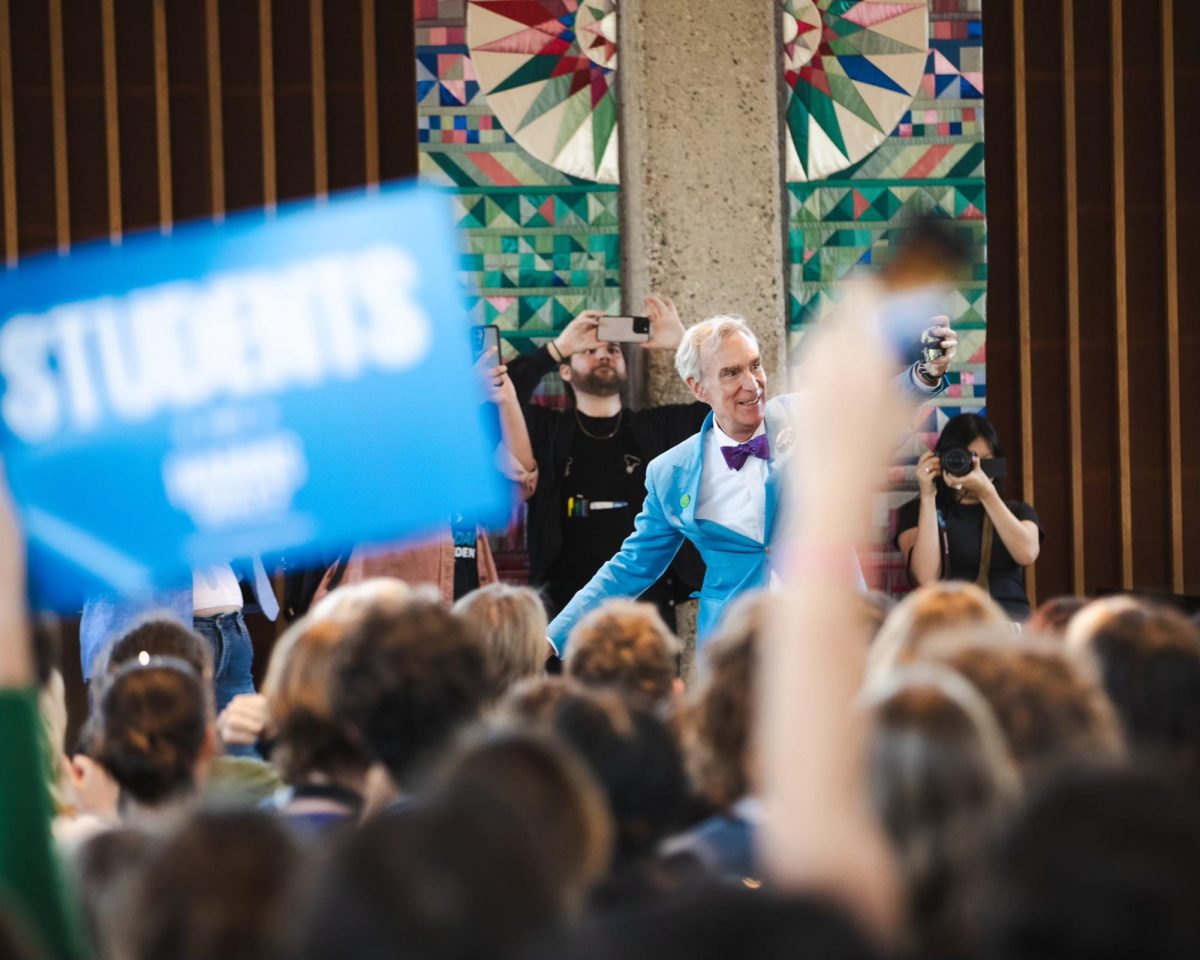
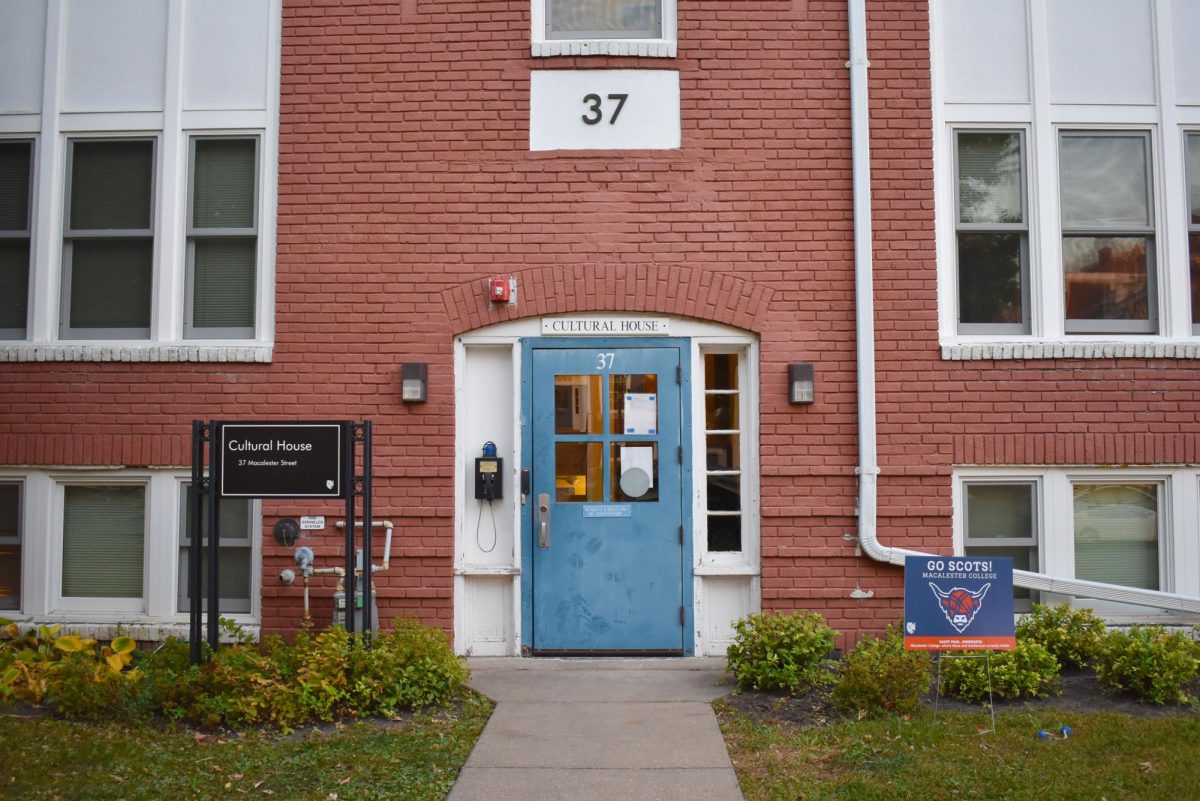

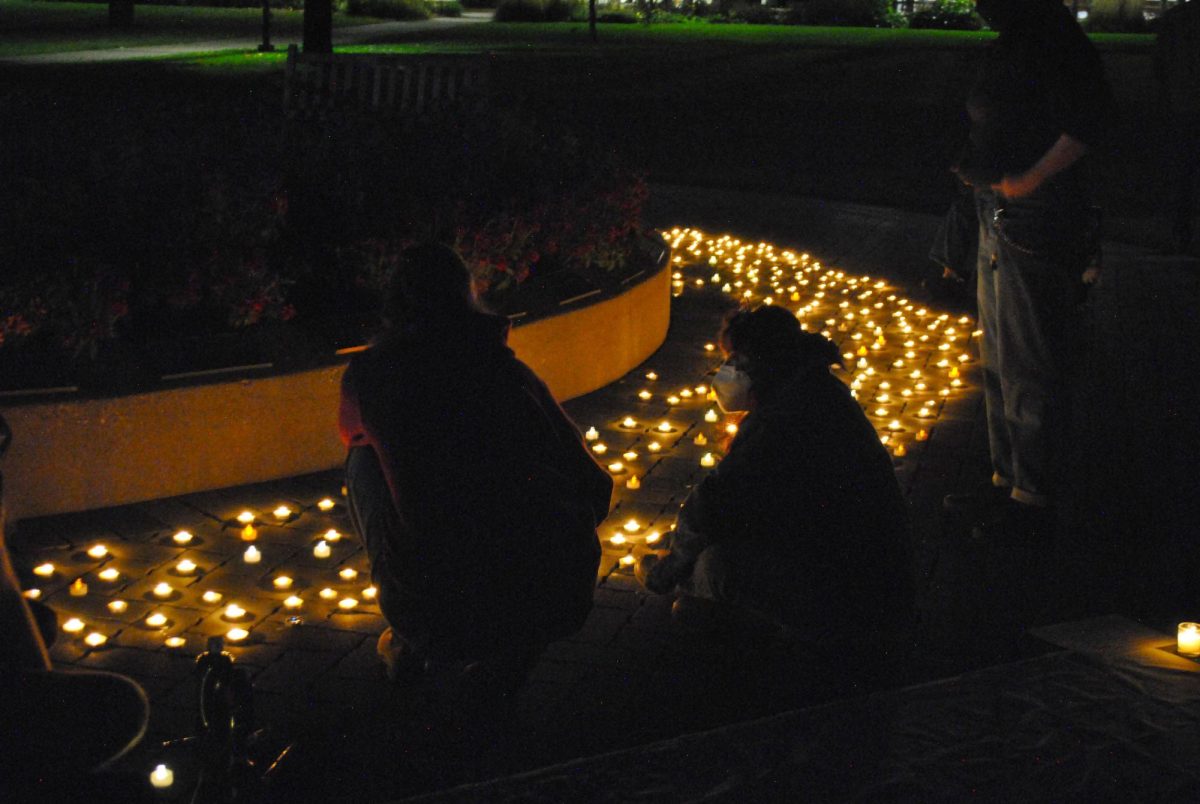
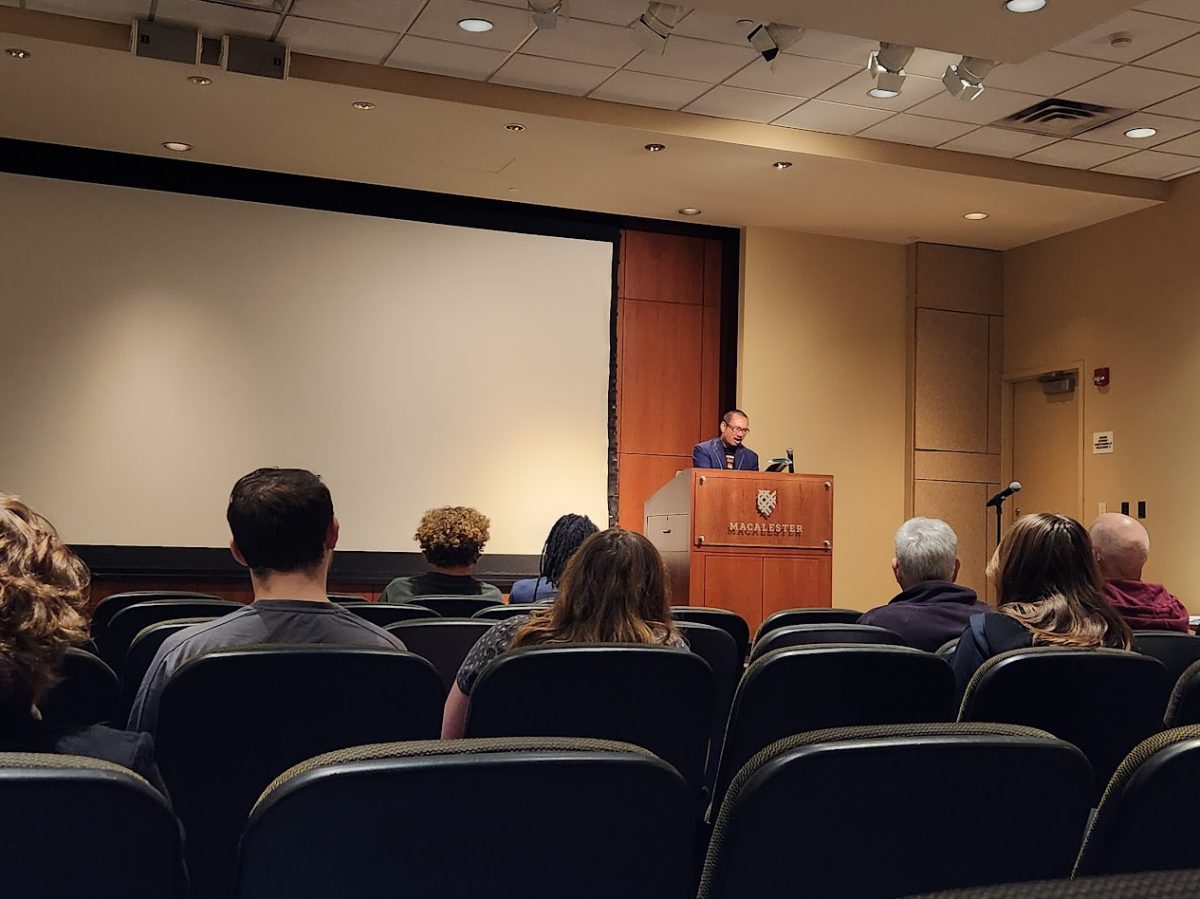
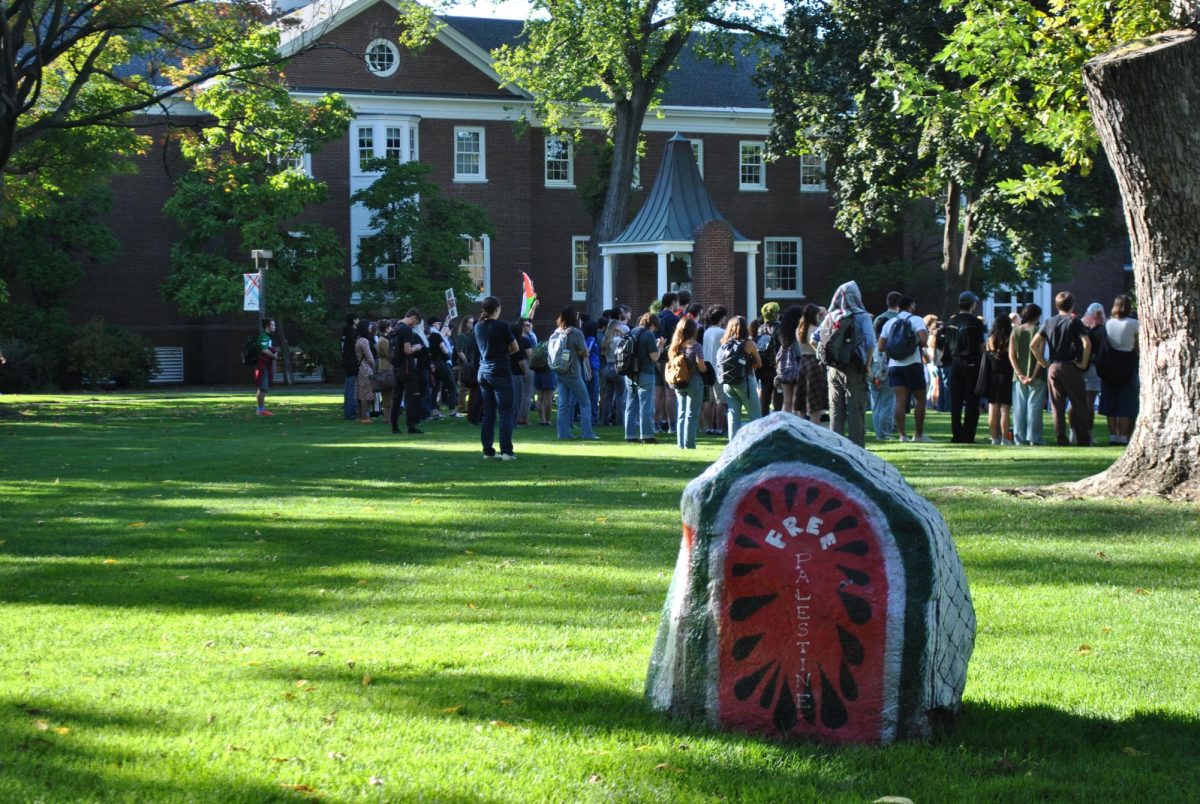
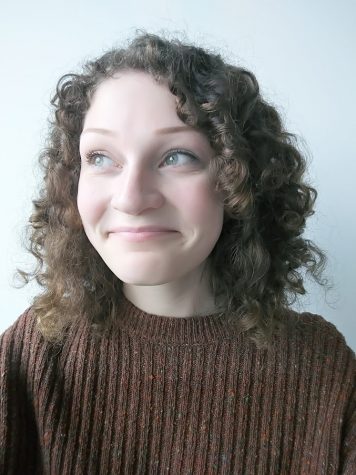
Yvonne Rutherford • Sep 11, 2019 at 4:52 pm
I am really keen of reading articles or reviews concerning creating new blog, or even about Search engine marketing.
Gabrielle Lee • Sep 10, 2019 at 11:03 am
Hey There. I found your blog using msn. This is a very well written article. I’ll make sure to bookmark it and return to read more of your useful information. Thanks for the post. I’ll certainly comeback.
David Edmunds • Sep 5, 2019 at 4:39 am
Hi, you used to write magnificent articles, but the last few posts have been kinda boring… I miss your tremendous writing. Past several posts are just a bit out of track!
Beer baron • Dec 7, 2018 at 3:11 pm
If Not Now “does not take an official stance on the right of Israel to exist as a state”? Wow. Nothing quite says “pro-Israel” like not endorsing Jewish self-determination which, after all, is a universal imperative.
Incidentally, “Israel-Palestine” is not a place. There is no state of Palestine – there is a semi-autonomous Palestinian Authority in part of Judea and Samaria, which was created by the Oslo Accords accords, which have long since been abrogated by the PLO.
The pollution of language by advocates for a Palestinian state, i.e., the use of the phrases “State of Palestine” and “Israel-Palestine” to suggest that there already is such a state — must be rejected in the interest of truth.
Andi • Dec 7, 2018 at 3:44 am
You have nothing original to say. Millions of Israelis and non Israeli Jews oppose the current status quo whereby Israeli security controls to an extent, sometimes violently, the lives of non Israeli citizens on the WB. But if there is no solution, and you don’t offer one either, which keeps 8 million Israeli Arabs and Jews safe, just repeating the mantra a bit louder “we’re against the occupation”, achieves nothing except demonisation of Israel, and support for those who wish to destroy the country-something which clearly doesn’t bother you despite claims that you don’t have an “official stance” on such views.
Beer baron • Dec 19, 2018 at 9:58 pm
So you speak for “millions” of “Israelis and non Israeli Jews”?
I guess that explains all of the voices in your head.